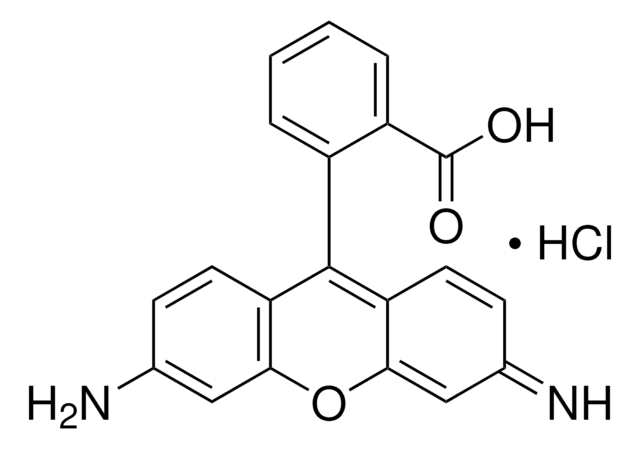433497
Poly(propylene glycol), tolylene 2,4-diisocyanate terminated
average Mn ~2,300 (narrow MW distribution), isocyanate ~3.6 wt. %
Synonym(s):
Polypropylene glycol-toluene diisocyanate copolymer, Tolylene diisocyanate-polypropylene glycol polymer
About This Item
Recommended Products
form
viscous liquid
Quality Level
mol wt
average Mn ~2,300 (narrow MW distribution)
degree of polymerization ~34
composition
isocyanate, ~3.6 wt. %
hardness
80 (Shore A, reacted with MOCA)
impurities
<0.1% residual TDI
refractive index
n20/D 1.4742
viscosity
≤1,700 cP(40 °C)(lit.)
density
1.05 g/mL at 25 °C
SMILES string
CC(O)CO.Cc1ccc(cc1N=C=O)N=C=O
InChI key
SKQGWWNTEKONHY-UHFFFAOYSA-N
Looking for similar products? Visit Product Comparison Guide
Application
Features and Benefits
Physical form
Signal Word
Danger
Hazard Statements
Precautionary Statements
Hazard Classifications
Acute Tox. 4 Dermal - Acute Tox. 4 Inhalation - Acute Tox. 4 Oral - Eye Irrit. 2 - Resp. Sens. 1 - Skin Irrit. 2 - Skin Sens. 1 - STOT SE 3
Target Organs
Respiratory system
Storage Class Code
10 - Combustible liquids
WGK
WGK 3
Flash Point(F)
235.4 °F - closed cup
Flash Point(C)
113 °C - closed cup
Choose from one of the most recent versions:
Already Own This Product?
Find documentation for the products that you have recently purchased in the Document Library.
Our team of scientists has experience in all areas of research including Life Science, Material Science, Chemical Synthesis, Chromatography, Analytical and many others.
Contact Technical Service




![Poly[4,4′-methylenebis(phenyl isocyanate)-alt-1,4-butanediol/di(propylene glycol)/polycaprolactone] pellets, MDI-polyester/polyether polyurethane.](/deepweb/assets/sigmaaldrich/product/structures/661/697/b23c24ce-15fb-4eae-a30f-786921d4c91e/640/b23c24ce-15fb-4eae-a30f-786921d4c91e.png)



